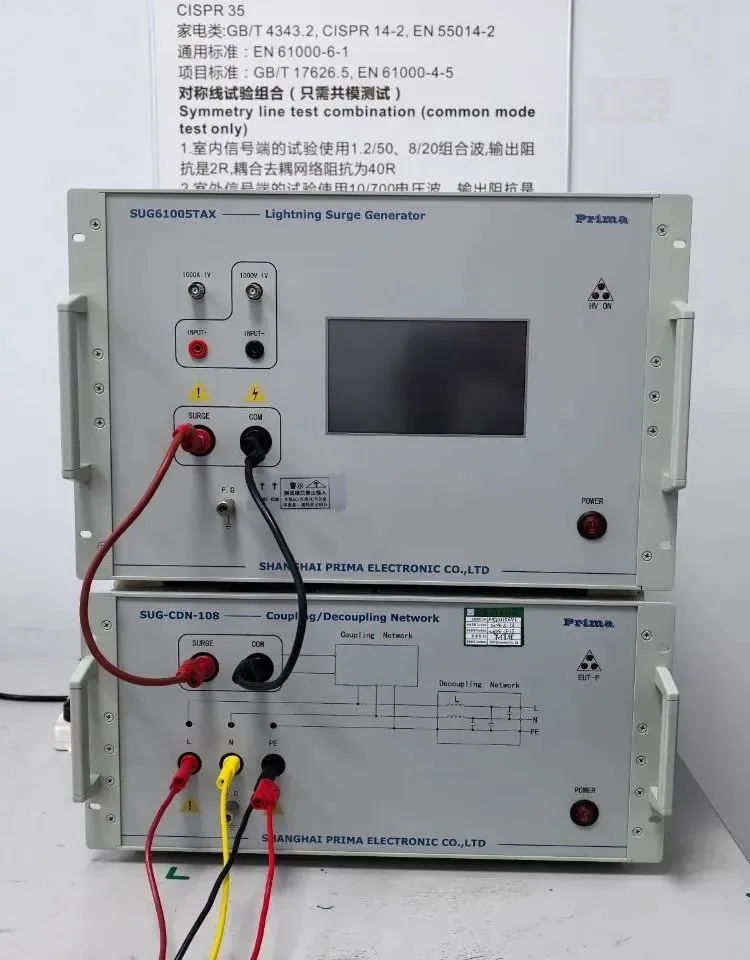
What Are PSE Certification Requirements?
According to Japan's Electrical Appliance and Material Safety Law(DENAN Law), 457 types of productsmust obtain pse certificationbefore entering the Japanese market. These are divided into two categories:
1. 116 Class A products (Specified Electrical Appliances and Materials)must undergo third-party certification and be labeled with the diamond-shaped pse mark.
2. 341 Class B products (Non-Specified Electrical Appliances and Materials)require either self-declaration or third-party certification and must bear the circULar PSE mark.

Scope of PSE Certified Products
Non-Specified Electrical Appliances (Circular PSE Mark)
Includes 341 typesunder 12 main categories:
1. Electric wires and cables
2. Fuses
3. Wiring devices
4. Transformers/Ballasts
5. Electrical conduits
6. Small AC motors
7. Electric heating devices
8. Electrical appliances poweRED by motors
9. Electronic application devices
10. Light source application devices
11. Other AC-powered electrical devices
Specified Electrical Appliances (Diamond-Shaped PSE Mark)
Includes 116 typesunder 10 main categories:
1. Electric wires and cables
2. Fuses
3. Wiring devices (e.g., electrical accessories, lighting fixtures)
4. Current limiters
5. Transformers
6. Ballasts
7. Electric heating devices
8. Electrically powered household appliances
9. Electronic devices (e.g., high-frequency hair removal equipment)
10. Other AC-powered electrical devices (e.g., electric insect killers, DC power supplies), and portable engines
Classification Details
Class A: Specified Electrical Appliances and Materials
1. Must be certified by a third-party certification bodyauthorized by Japan’s Ministry of Economy, Trade and Industry (METI).
2. According to the DENAN Law, manufacturers must retain test results and certification documents.
3. The product label must display the diamond-shaped PSE mark.
Class B: Non-Specified Electrical Appliances and Materials
1. Also require certification by a METI-authorized third-party body.
2. Test results and documentation must be retained.
3. The label must display the circular PSE mark.
Differences Between Circular and Diamond PSE Certification
Circular PSE Certification:
1. No factory inspection required.
2. Only product samples and technical documentation are needed for certification.
3. Faster process, lower cost.
4. Certification can be issued by testing laboratories.
Diamond PSE Certification:
1. Factory inspection is required (similar to the process for China’s ccc certification).
2. Involves on-site audits, takes longer, and is more expensive.
3. Certification must be issued by authorized institutions.
Technical Requirements for Battery Chargers in Japan
Japan has two technical standards for battery chargers:
1. Traditional Japanese national technical standards
2. Harmonized technical requirements with IEC 60950-2nd Edition + A4
> Recommendation:
> Chinese manufacturers are advised to adopt the second approach, as both China and Japan are IECEE-CB member countries. Manufacturers can first obtain a cb report from CQC in Chinaand then apply to Japanese testing labs for CB report conversion.
Important Notes:
1. If a product is designed according to method 2(IEC compliance), safety components in the primary circuit (capacitors, thermal cutoffs, etc.) must comply with IEC standards.
2. If designed per method 1(Japanese national standards), those components must meet Japanese standards.
3. Mixing both methods is not allowed.
4. CB reports are not acceptedunder method 1.
Factory Inspection and Certification Validity
1. Before certificate issuance, the certification body will audit the manufacturing site.
2. Once both product testing and factory inspection meet the requirements, the PSE and testing lab’s marksmay be used.
3. Routine tests (e.g., high-voltage and protective grounding continuity tests) are required depending on the product.
4. For chargers, the pse certificate is valid for 3 years.
Post-Market Obligations
1. Japanese buyers must register the product with METI within one month of purchase.
2. The purchaser's name or ID must be printed on the productfor traceability.
3. Under the Product Safety Law, importers in Japan bear full responsibilityfor product safety.
4. Importers are required to retain test reports and inspection records.
PSE Certification Includes:
1. EMC (Electromagnetic Compatibility)requirements
2. Electrical Safetyrequirements
Certification Process:
1. Type Testing
2. Initial Factory Audit (only for diamond PSE)
3. Post-Certification Surveillance
Documents Required for Application:
1. PSE Certification Application Form
2. Factory Inspection Questionnaire (for specified electrical products)
3. Copies of business licenses for the applicant, manufacturer, and production factory
4. Product User Manual
5. Explanation of differences between product models under the same application unit
6. List of critical components and main raw materials
7. Product dimension diagrams, assembly drawings, and parts drawings
8. Authorization letter from the manufacturer (if applicable)
9. Any other required documents
More: emc test lab | ce marking in usa | wercs certification | reach rohs compliance
Email:hello@jjrlab.com
Write your message here and send it to us
 What are the Differences Between EN 71 and ASTM F9
What are the Differences Between EN 71 and ASTM F9
 ASTM F963-23 Lithium-Ion Battery Requirements for
ASTM F963-23 Lithium-Ion Battery Requirements for
 Tiny Toys Bus Pass ASTM F963
Tiny Toys Bus Pass ASTM F963
 ASTM-F963-17 Non-Ride-On Toys Testing
ASTM-F963-17 Non-Ride-On Toys Testing
 Amazon ASTM F963 Pacifier Compliance Testing
Amazon ASTM F963 Pacifier Compliance Testing
 RCM AS/NZS CISPR 32:2023 Testing for Power Adapte
RCM AS/NZS CISPR 32:2023 Testing for Power Adapte
 How to get Australia SAA Compliance?
How to get Australia SAA Compliance?
 Does Canada Require RoHS Compliance
Does Canada Require RoHS Compliance
Leave us a message
24-hour online customer service at any time to respond, so that you worry!




